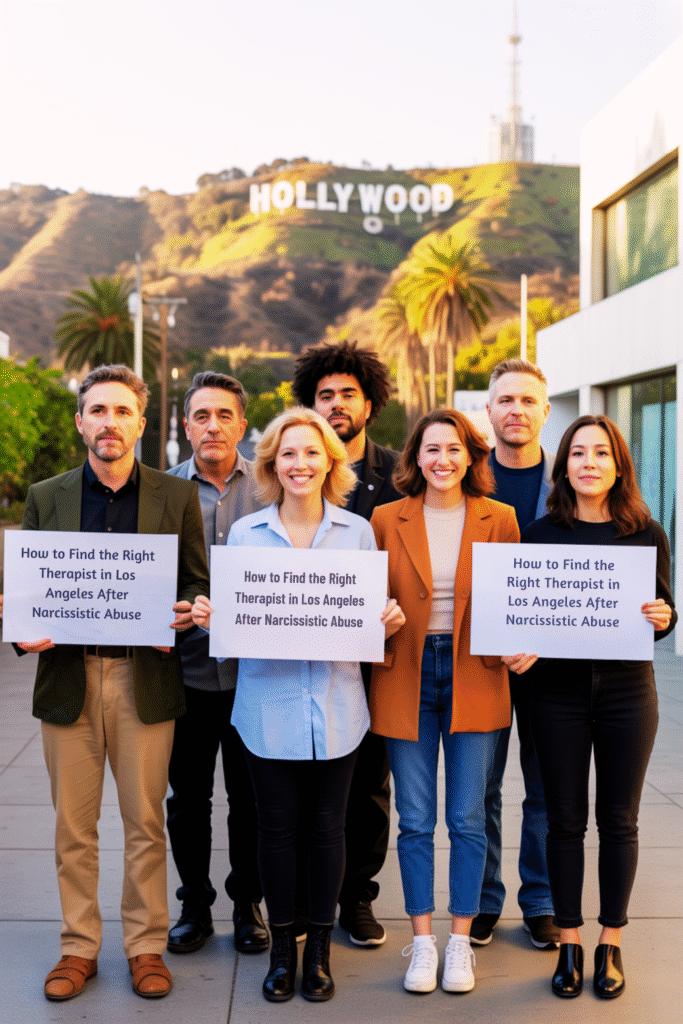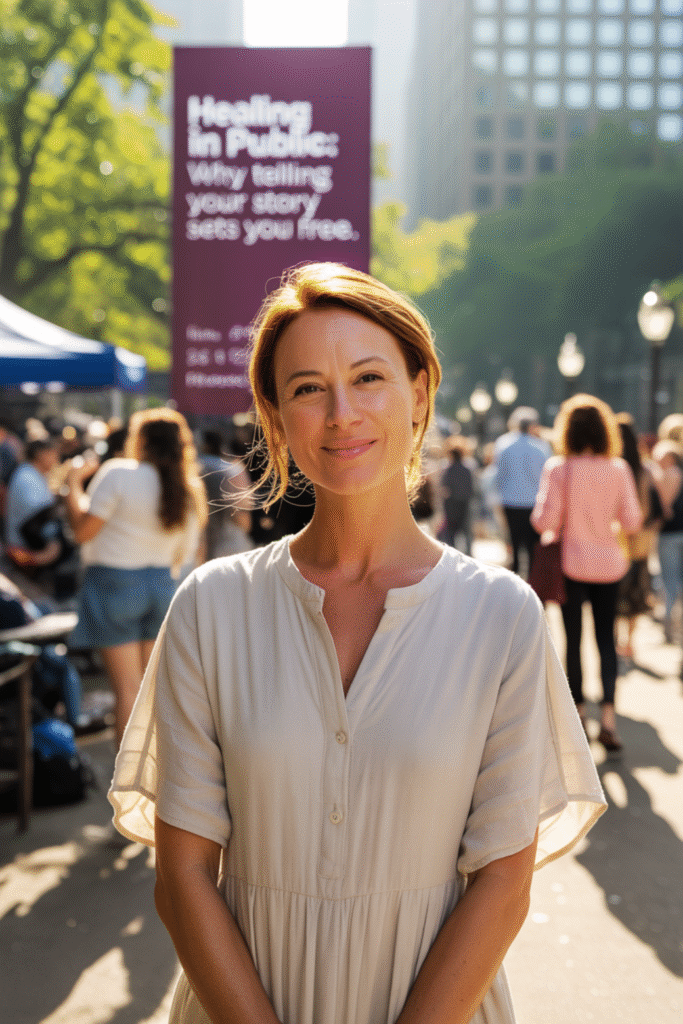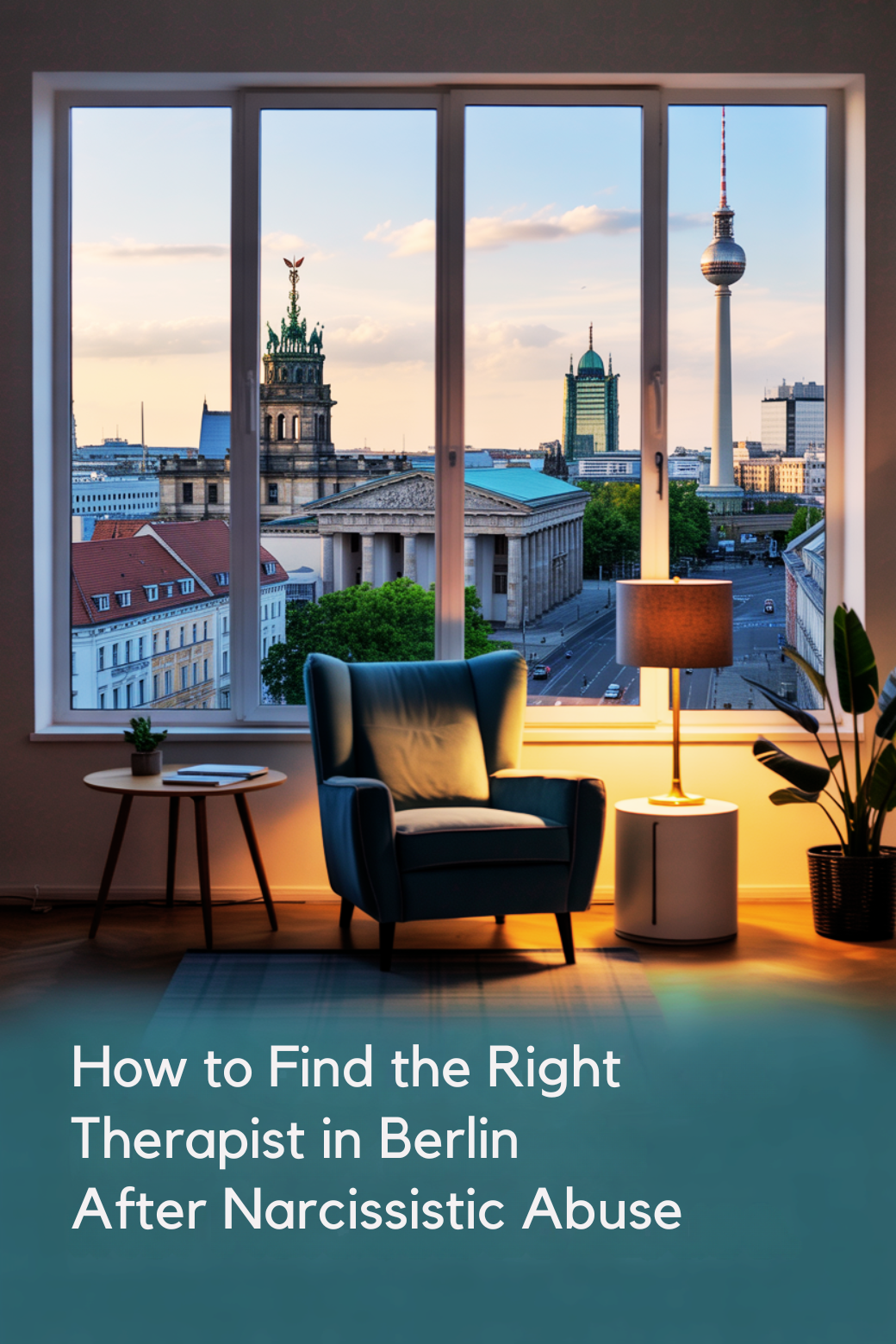Now Reading: How to Find the Right Therapist in Cape Town After Narcissistic Abuse
- 01
How to Find the Right Therapist in Cape Town After Narcissistic Abuse

How to Find the Right Therapist in Cape Town After Narcissistic Abuse
🇿🇦 How to Find the Right Therapist in Cape Town After Narcissistic Abuse
10 Survivor-First Questions to Guide Your Recovery
Cape Town has one of Africa’s strongest therapy networks — but narcissistic abuse? That’s still often dismissed as “relationship drama.” Let’s fix that. Because survivors in Cape Town deserve trauma-informed, reality-validating therapy, not judgment, silence, or spiritual bypassing.
⚠️ Cape Town Therapy System: What Survivors Should Know
✔️ Public services are limited and often overloaded
✔️ Private therapy is available but varies wildly in quality
✔️ Narcissistic abuse isn’t always recognized as trauma — unless you ask the right questions
✔️ Religious and cultural expectations can shape the response you get (for better or worse)
🧠 What You
Actually
Need as a Survivor:
- Therapists trained in covert abuse and gaslighting
- Support with identity rebuilding, not just “coping skills”
- Methods like IFS, EMDR, somatic trauma work
- Someone who says “You’re not crazy,” and means it
🧩 Ask These 10 Questions in Your First Session
- Have you worked with clients recovering from narcissistic or psychological abuse? Listen for terms like “emotional abuse,” “coercive control,” or “CPTSD.”
- How do you help people rebuild self-trust after long-term gaslighting? Look for things like grounding work, self-validation, or ego-state therapy.
- What approaches do you use for trauma and emotional recovery? Best answers: EMDR, Internal Family Systems, somatic therapies, Polyvagal Theory.
- Can you help me make sense of abusive dynamics even if I can’t label them yet? You want understanding — not neutrality or avoidance.
- How do you support someone relearning how to set and hold boundaries? They should talk about boundary education, safe practice, and nervous system regulation.
- What’s your response when a client expresses guilt or shame for staying in abuse? If they mention trauma bonding, manipulation, or compassion — good sign. If they say “why didn’t you leave?” — ✋ no.
- How do you help someone who wants to heal but struggles to trust again? Attachment-aware therapy is a must.
- If something in therapy doesn’t feel right for me, how do you handle that? You need collaboration, not hierarchy.
- Do you offer longer-term therapy if needed? Many survivors take months or years to untangle. Make sure they’re not rushing you to “move on.”
- Do you provide tools or support between sessions? Look for journaling prompts, practices, or psychoeducation — not “just wait until next week.”
🏥 Cape Town Therapy Services Breakdown
🩺 Public Mental Health (Western Cape Government)
- Clinics are free or low-cost via state healthcare
- Waitlists are long, and therapy is often CBT-based or medication-driven
- Best for: Diagnosed conditions, referrals from GP or hospital
Examples:
- Stikland Psychiatric Hospital
- Lentegeur Psychiatric Hospital
- Community Health Centres in Mitchell’s Plain, Delft, and Gugulethu
🔗 Access via: www.westerncape.gov.za
💼 Private & Specialized Trauma Therapy (Cape Town)
1.
HealingSpaces CPT
- Focus on trauma recovery, identity healing, and narcissistic abuse
- Offers somatic work, IFS, and boundary coaching
- Located in Gardens
2.
Lynn Hugo Therapy (Rondebosch)
- EMDR-certified
- Focuses on developmental trauma, narcissistic family systems
3.
Kintsugi Psychotherapy (Sea Point)
- Narrative therapy and parts work
- Specializes in post-abuse recovery and self-trust
4.
FAMSA Cape Town
- Family-focused, but some counselors trained in abuse recovery
- Affordable therapy options available
🌐 Online Therapy Available in South Africa
- My Online Therapist ZA – English-speaking trauma therapists, flexible scheduling
- South African Depression and Anxiety Group (SADAG) – Directory + crisis lines
- BetterHelp – International therapists for expats or those needing a broader match
- Talk Online Therapy – SA-based, trauma-informed therapists
⚖️ Final Word: Cape Town Survivors, You Deserve Better
The abuse wasn’t your fault.
The confusion, isolation, or self-doubt you feel? That’s not weakness — it’s residue from sustained manipulation.
Finding a therapist who sees that — who honors your story instead of fixing your symptoms — is what changes the game.
You’re not broken.
You’re becoming.
And Cape Town has the healers who can walk with you — if you ask the right questions.















